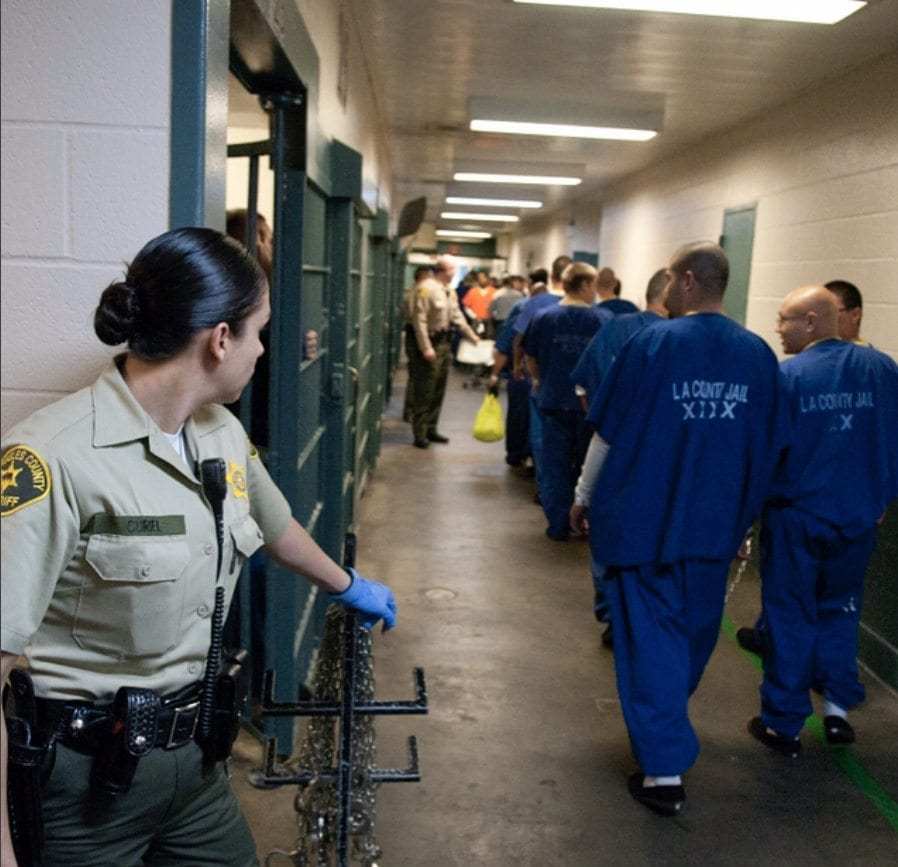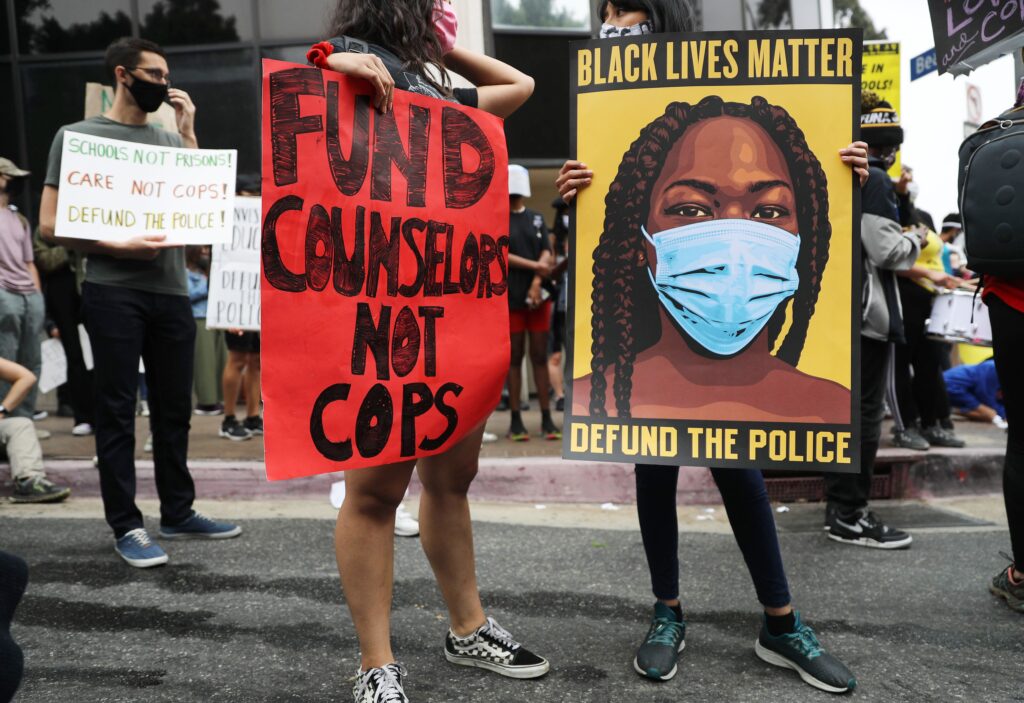
The Los Angeles County Board of Supervisors passed a measure Tuesday to let voters decide whether to boost spending on social services, in an initiative dubbed “Re-Imagine L.A. County” that has drawn strong opposition from labor unions and Sheriff Alex Villanueva
Staff
In response to the police brutality protests and the growing calls for racial justice, the Los Angeles County Board of Supervisors approved an initiative Tuesday, august 4, which would put a measure before voters in November asking them to devote 10% of the county’s unrestricted general funds towards social and community programs.
The board voted 4-1 to put a charter amendment on the November ballot for voters to decide whether to divert as much as $490 million per year to be spent on homeless services, rental assistance, jail diversion, mental health services, job training, youth programs and access to capital for minority-owned businesses.
“For far too long our locally generated tax dollars have been given to reinforce the legal injustice system that has failed to make our communities safer, torn apart our families and caused generational trauma,” said Eunisse Hernandez, a Re-Imagine L.A. County coalition co-chair.
To many in the coalition of almost 100 organizations — among them, Black Lives Matter Los Angeles and the United Way of Greater L.A. — the proposal is a continuation of the board’s recent reform initiatives, which include continued efforts to create alternatives to jail and prison and last month’s passage of an antiracist policy framework pushed by Supervisor Mark Ridley-Thomas.
Ridley-Thomas said after Tuesday’s 4-1 vote that an antiracist approach to governance should focus spending on rehabilitation and restoring communities over a punitive criminal justice system.
“This re-imagining must fundamentally and meaningfully prioritize investments in community health and well-being — and we can’t allow perfection to be the enemy of good,” Ridley-Thomas said.
Supervisor Kathryn Barger opposed the measure, saying it would unnecessarily restrict future boards and make it harder for the county to manage through economic downturns.
At Tuesday’s meeting, Barger, the only Republican on the board, said she feared the measure hadn’t been appropriately vetted by stakeholders, including labor unions, some of whom have opposed the initiative for fear it will lead to a cut in county jobs.

If passed by voters, the amendment “to address the disproportionate impact of racial injustice” would be phased in by June 30, 2024.
It would prohibit such funds being used for or redistributed through law enforcement or correctional agencies, including the L.A. County District Attorney’s Office, but would not prohibit its use to cover costs related to trial courts.
Supervisor Sheila Kuehl, who has championed the measure, has pushed back against the idea that it amounts to defunding law enforcement.
“We want a road map for our vision of the `care first, jail last’ system,” Kuehl said last week.
Kuehl and her co-author, Supervisor Hilda Solis, encountered strong resistance not only from Barger, but from Chief Executive Officer Sachi Hamai, who warned that the 10% requirement could hamstring future boards, limit flexibility during economic downturns and negatively impact the county’s strong credit rating.
The ordinance cites only a percentage of “the county’s locally generated unrestricted revenues in the general fund,” not an absolute number. However, Hamai has indicated that the amount at stake would range from $360 million to $490 million of this fiscal year’s $34.9 billion budget, or less than 2% of all the county’s spending.
L.A. County Sheriff Alex Villanueva, whose department budget totals roughly $3.4 billion, told the board last week the measure would force him to close patrol stations in Altadena and Marina del Rey and make other big cuts to public safety.
Kuehl said in an interview that Villanueva intentionally chose budget cuts that the supervisors would not want as part of a larger narrative the sheriff has been pushing to incite fear among constituents by implying that the board’s actions — including the Re-Imagine L.A. County initiative — will lead to fewer deputies to combat crime.
At Tuesday’s meeting, Supervisor Hilda Solis, who co-authored the measure with Kuehl, said she disagreed with the rhetoric implying that the measure would hurt county workers.
Last month, the L.A. City Council voted to cut the L.A. Police Department’s budget by $150 million for the 2020-21 fiscal year.
The L.A. Unified School District Board of Education also voted to slash the school police budget by $25 million, or 35%.








